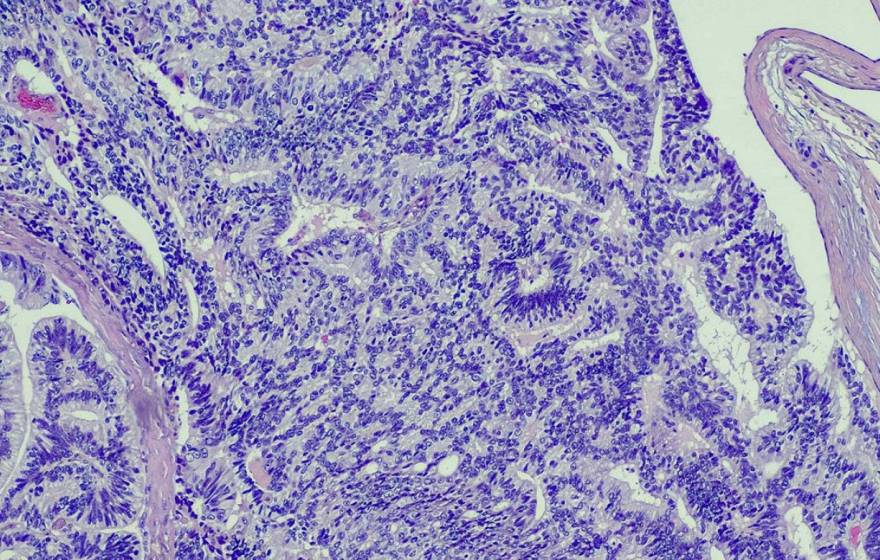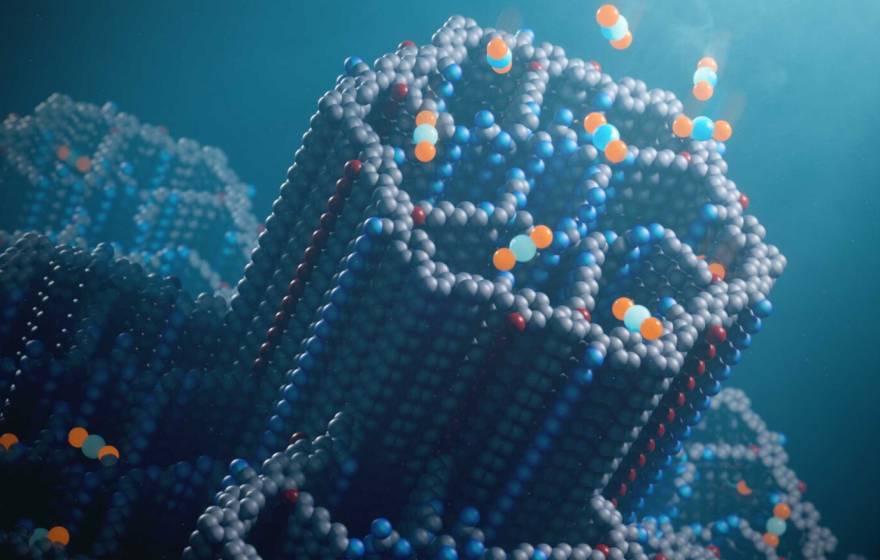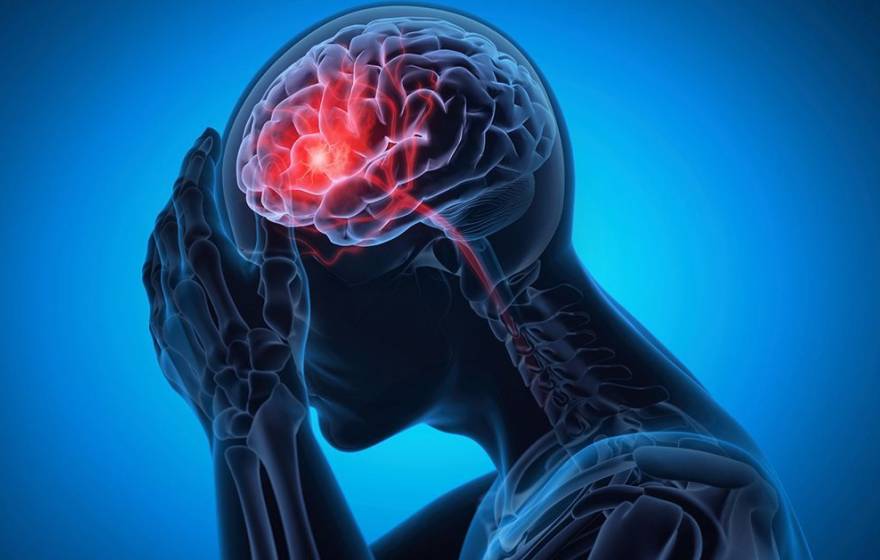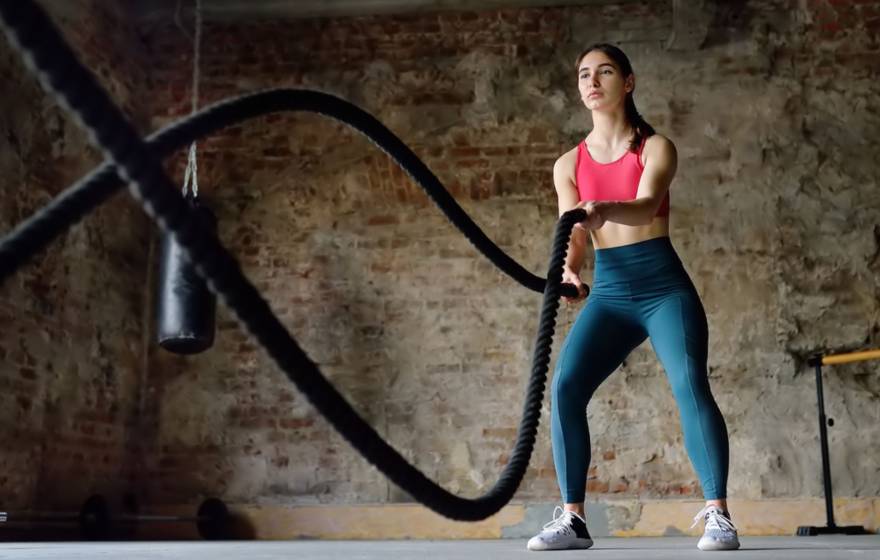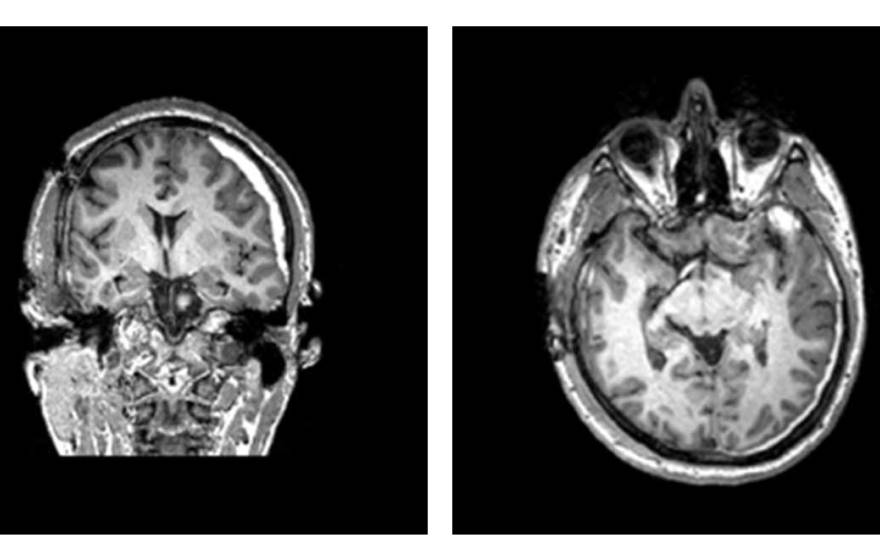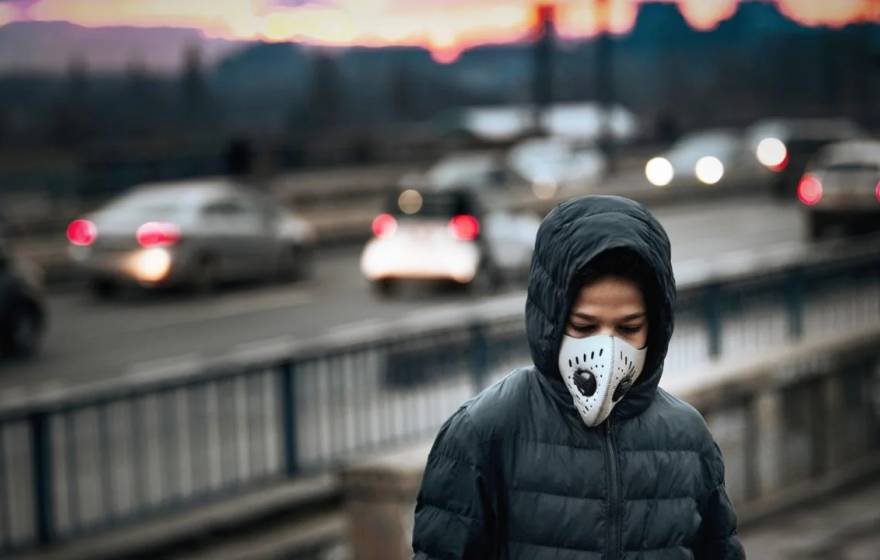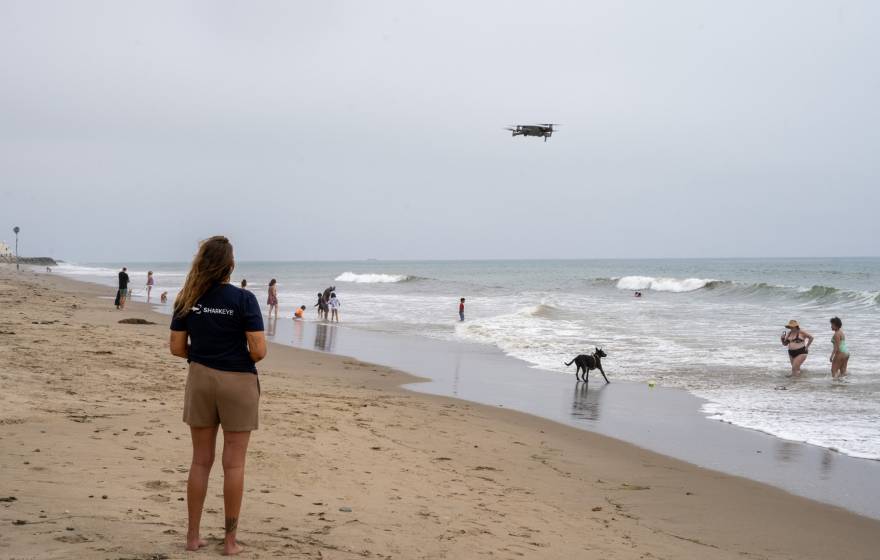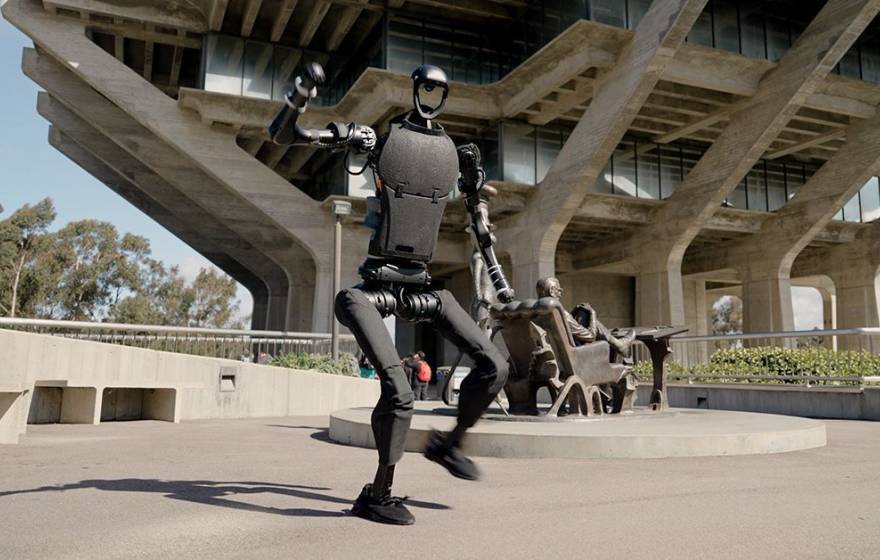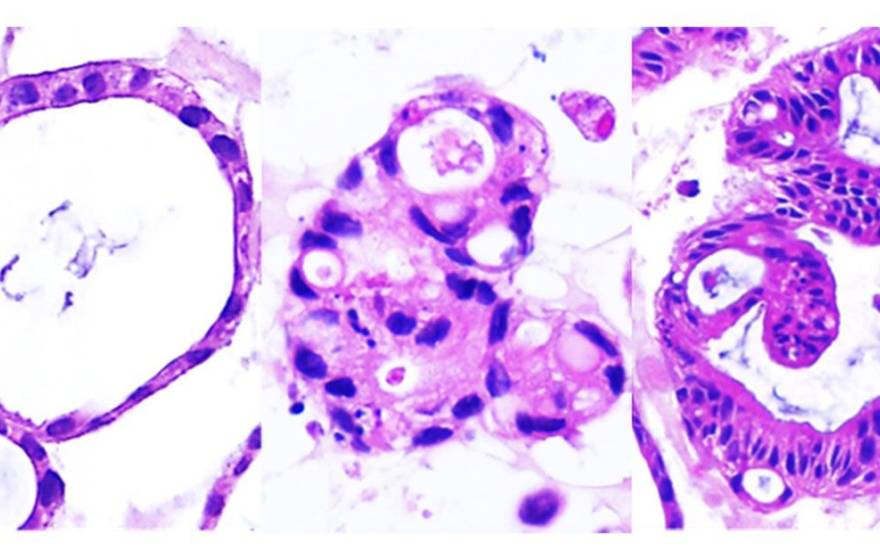UC Riverside |
How gophers brought Mount St. Helens back to life in one day
Diggers kick-started decades of soil recovery after volcanic eruption, UC Riverside research shows.
UC San Diego |
How sustainable are typical electric vehicle batteries?
UC San Diego experts weigh in on each stage of a typical EV battery’s life cycle and share their thoughts on what the future might hold.
UC San Francisco |
Why some prostate cancers shouldn't be called 'cancer'
According to a UC San Francisco urology professor, benefits of a less aggressive approach include less surgery, radiation and hormones — not to mention reduced anxiety for patients.
UC Berkeley |
Capturing carbon from the air just got easier
UC Berkeley scientists developed a new type of porous material called a covalent organic framework, which quickly sucks up carbon dioxide from ambient air.
UC San Diego |
Men and women use different biological systems to reduce pain
A new study from UC San Diego may help explain why women have more chronic pain and are less responsive to opioid treatments.
UC Santa Barbara |
Bursts of exercise boost cognitive function, UCSB neuroscientists find
Executive functioning was the key cognitive domain impacted by vigorous exercise, such as HIIT protocols.
UC San Francisco |
Clinical trial could move the needle in traumatic brain injury
A Department of Defense-funded study aims to end a decades-long impasse in treatment development.
UC Riverside |
Airborne plastic chemical levels shock researchers
A new study shows how Southern Californians are being chronically exposed to toxic airborne chemicals.
UC Davis |
Research in four continents links outdoor air pollution to differences in children’s brains
New research shows that even pollution levels below government air-quality standards are associated with differences in children’s brains.
UC Santa Barbara |
Scientists use drones to track white sharks along California beaches
Researchers are leading a project to predict when and where great white sharks show up near a beach.
UC San Diego |
Learning dance moves could help humanoid robots work better with humans
Humanoid robots are now Dancing on Their Own — a step towards building robots that perform more complex and human-like motions.
UC San Diego |
Organoids derived from gut stem cells reveal two distinct molecular subtypes of Crohn’s disease
UC San Diego researchers discover two distinct molecular subtypes of Crohn’s disease using patient-derived organoids, opening the door to personalized treatment for the chronic inflammatory bowel disease.


